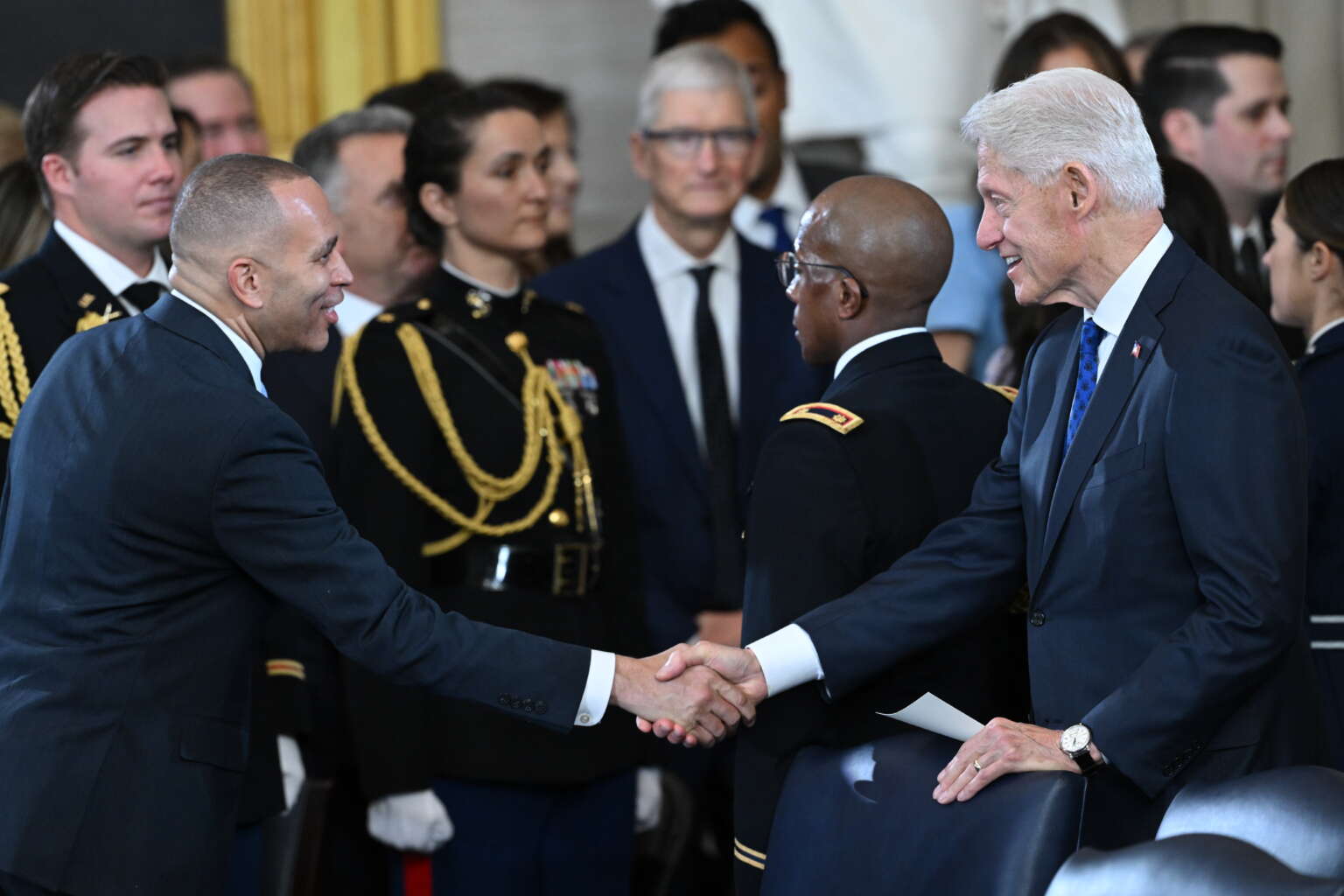
"The human condition includes a vast array of unavoidable misfortunes. But what about the preventable ones? Shouldn't the United States provide for the basic needs of its people? Such questions get distinctly short shrift in the dominant political narratives. When someone can't make ends meet and suffers dire consequences, the mainstream default is to see a failing individual rather than a failing system."
"Even when elected leaders decry inequity, they typically do more to mystify than clarify what has caused it. While "income inequality" is now a familiar phrase, media coverage and political rhetoric routinely disconnect victims from their victimizers. Human-interest stories and speechifying might lament or deplore common predicaments, but their storylines rarely connect the destructive effects of economic insecurity with how corporate power plunders social resources and fleeces the working class."
The United States tolerates preventable poverty and insecurity while public narratives blame individuals rather than systems. Media coverage and political rhetoric frequently separate victims from the corporate and policy forces that produce economic insecurity. Corporate power extracts social resources and concentrates wealth among a tiny elite even as childhood and senior poverty rates remain among the highest in major countries. Large numbers of older workers have little or no retirement savings, and many seniors subsist on inadequate incomes. Government policies and the broader economic system actively reinforce inequality and allow vast opulence for a small number of billionaires.
Read at Truthout
Unable to calculate read time
Collection
[
|
...
]